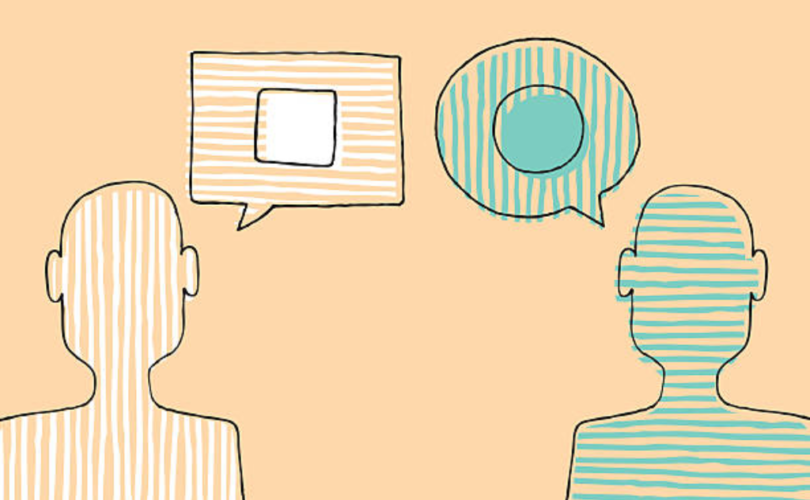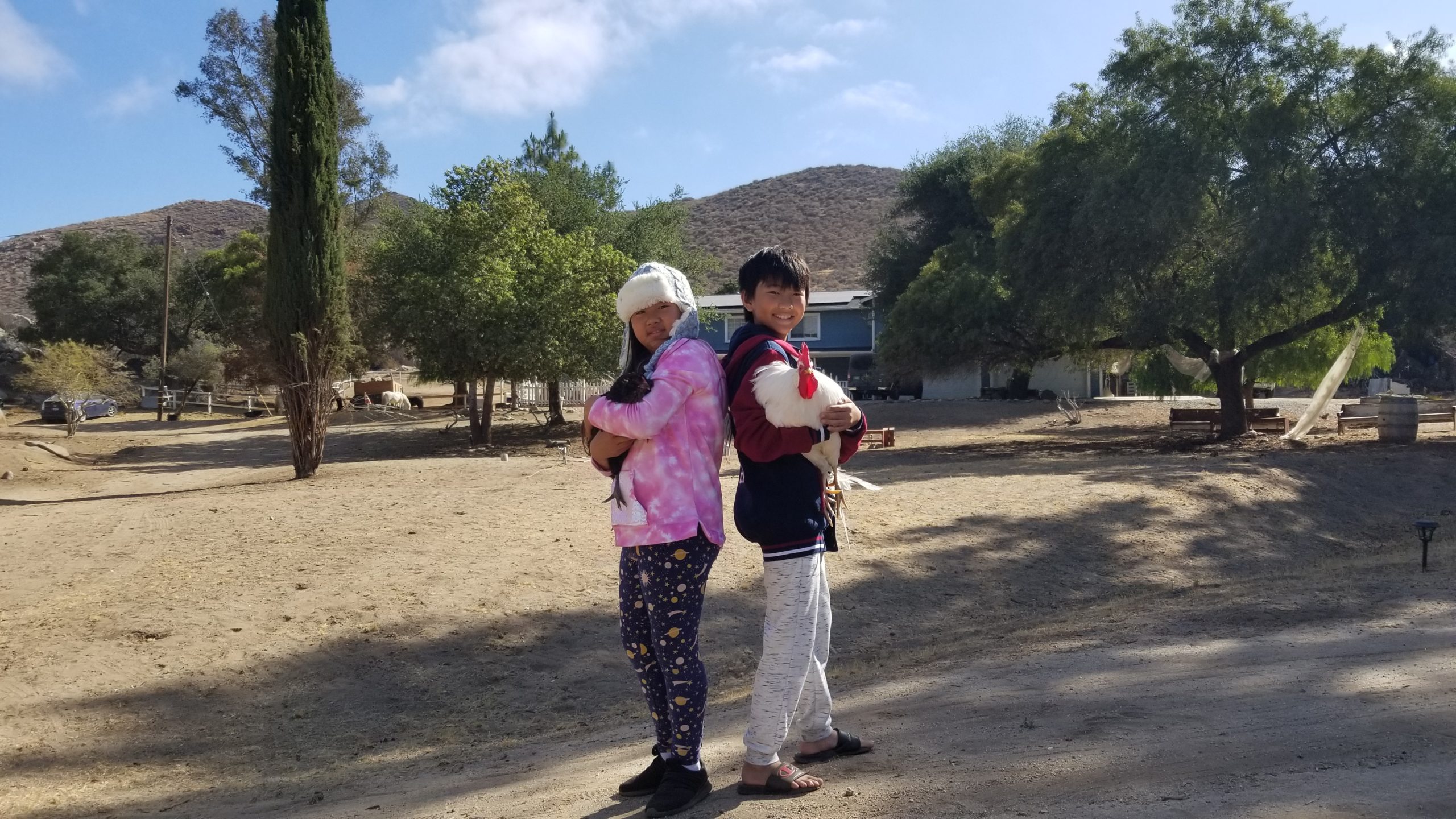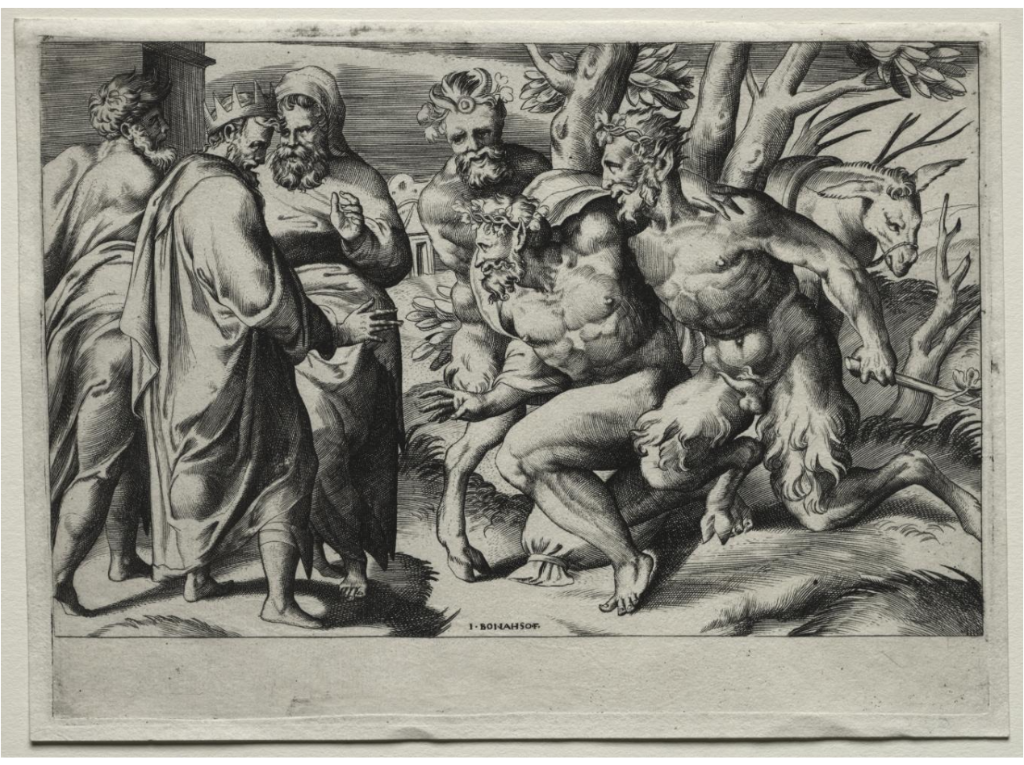Communication is undeniably essential for our survival. I believe this is how language first emerged. While our survival challenges have evolved from those faced by our ancestors, language remains our primary tool. But does this tool ultimately serve us, or does it sometimes hinder us? Are we ever on the same page?
The Double-Edged Sword of Language
Language: Our Greatest Tool and Our Greatest Challenge
Communication, facilitated by language, has undeniably propelled human civilization forward. It’s the basis of our societies, cultures, and personal relationships. Language allows us to share knowledge, collaborate, and build complex systems. It’s how we pass down our history, express our emotions, and inspire change.
However, the same tool that connects us can also divide us. Misunderstandings, misinformation, and hate speech can be broadcasted rapidly through language. It can be used to manipulate, deceive, and incite violence. Moreover, the constant evolution of language, especially via social media, with new slang, jargon, and dialects, can create barriers and foster exclusivity.
In essence, language is a powerful force that can be harnessed for good or ill. Its impact on our world is profound, and its role in our individual lives is immeasurable.
Language as the Architect of Culture
Language is more than just a tool for communication; it’s the blueprint from which cultures are constructed. It shapes our worldview, values, and behaviors.
Language as a Cultural Mirror
- Reflecting Shared Experiences: A language often summarizes a culture’s history, traditions, and collective memories. For instance, Inuit languages have numerous words for snow, reflecting the importance of this element in their lives.
- Preserving Heritage: Many indigenous cultures rely on oral traditions, passed down through generations in their native languages. This preserves ancient knowledge, stories, and cultural practices.
Language as a Cultural Builder
- Shaping Identity: Language is integral to a sense of belonging. It reinforces group identity and cultural cohesion.
- Transmitting Values: Through language, cultures transmit their core values, beliefs, and norms to future generations.
- Innovating Culture: New words and expressions emerge as cultures evolve, reflecting societal changes and innovations.
Language as a Cultural Barrier
- Divisions: Language differences can create social and cultural divisions, hindering intercultural understanding and cooperation.
- Loss of Heritage: The decline of indigenous languages leads to the erosion of cultural identity and knowledge.







